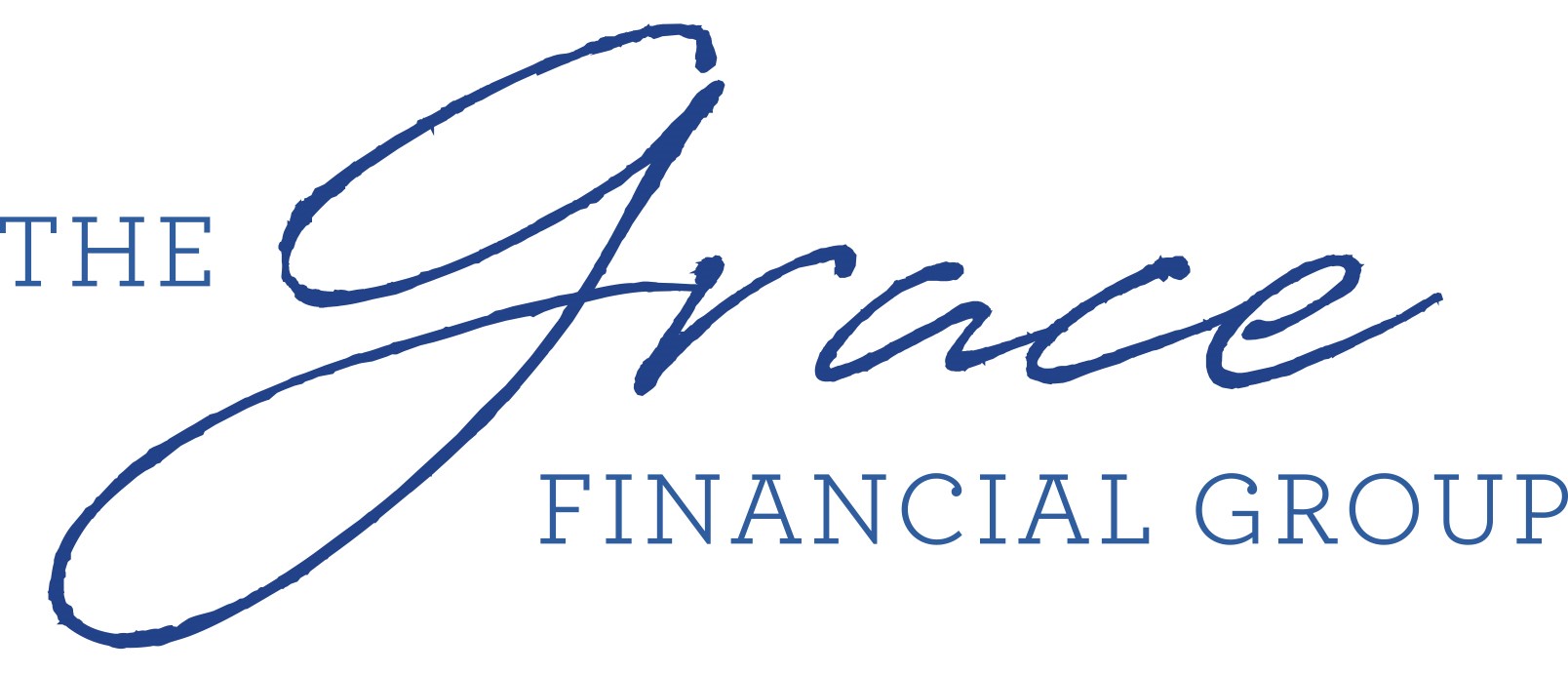Financial Expert Marion G. Cuff, CFS: Tapping the Equity in Your Home

The pros and cons
Home equity financing (which may be set up as either a loan or a line of credit) is secured by the equity you've built up in your home. This type of financing has several advantages compared to other forms of personal loans:
• Higher borrowing limits
• Favorable interest rates
• Tax-deductible interest--if you itemize your deductions on your federal income tax return, you may be able to deduct the interest on up to $100,000 ($50,000 if married filing separately) of home equity debt.
There can be drawbacks, however:
• You may have to pay closing costs and other fees
• If you sell your home, you'll have to repay the outstanding balance
• Since your home is collateral securing the debt, you run the risk of foreclosure if you can't make your payments
Home equity loans
Often referred to as a second mortgage, a home equity loan generally allows you to borrow a fixed amount of money (typically up to 80 percent of your equity) at a fixed rate of interest. The total amount you borrow is advanced to you when you sign for the loan. You'll repay the loan with equal monthly payments over a fixed term.
Home equity lines of credit
When you arrange a home equity line of credit, your lender establishes a revolving credit limit determined in part by the amount of your equity. You then borrow only what you need (up to the maximum allowed) only when you need it (subject to any time limit on the borrowing period). You can access the funds either by writing a check or using a credit card associated with the account.
The interest rate for a home equity line of credit is generally a variable rate tied to an index. Your monthly payments may vary, depending on your outstanding balance and the prevailing interest rate. You may have the option of making interest-only payments over the course of the repayment period (e.g., 10 years), or minimum payments that cover a portion of the principal plus accrued interest, coupled with a balloon payment of principal at the end of the loan's term.
Choosing between the two
When deciding whether to apply for a home equity loan or a line of credit, it's important to consider how much you'll need and how soon you'll need it.
If you want a fixed amount of money for a specific purpose (e.g., remodeling the kitchen), you may wish to take out a home equity loan that advances you the total amount up front. If instead you'll need an indeterminate amount over a few years (e.g., funds for ongoing college expenses), you may benefit most from a home equity line of credit that you can draw on when needed.
Shop around for the best deal
Whatever choice you make, you'll want to shop around to find the most favorable rates and terms. Here are a few things to consider:
• In an effort to attract your business, a lender may be willing to absorb or waive some or all of the costs (e.g., application fees and points) of obtaining the financing
• The frequency of variable interest rate adjustments and any caps on rate increases will affect the overall cost of a home equity line of credit
• If you're considering a home equity line of credit, find out if you have the option to convert the line to a fixed-rate, fixed-term loan in the future
• When comparing a home equity line of credit to a home equity loan, don't rely solely on the annual percentage rate (APR) as a measure of cost, because the APR for a home equity loan takes points and financing charges into consideration while the APR for a home equity line of credit does not
IMPORTANT DISCLOSURES Working with an advisor that holds the CFS designation does not guarantee investment success. Securities and Investment Advisory services offered through FSC Securities Corporation, Member FINRA/SIPC and a Registered Investment Advisor. The Grace Financial Group is a marketing designation.
Broadridge Investor Communication Solutions, Inc. does not provide investment, tax, or legal advice. The information presented here is not specific to any individual's personal circumstances. To the extent that this material concerns tax matters, it is not intended or written to be used, and cannot be used, by a taxpayer for the purpose of avoiding penalties that may be imposed by law. Each taxpayer should seek independent advice from a tax professional based on his or her individual circumstances.
These materials are provided for general information and educational purposes based upon publicly available information from sources believed to be reliable—we cannot assure the accuracy or completeness of these materials. The information in these materials may change at any time and without notice.
 |
| Marion G. Cuff, CFS 128 Seneca Lake Road, Sparta, NJ 07871 973-729-9861 Ask Marion G. Cuff, CFS a question www.thegracefinancialgroup.com Come in out of the storm; take care of your money and yourself |